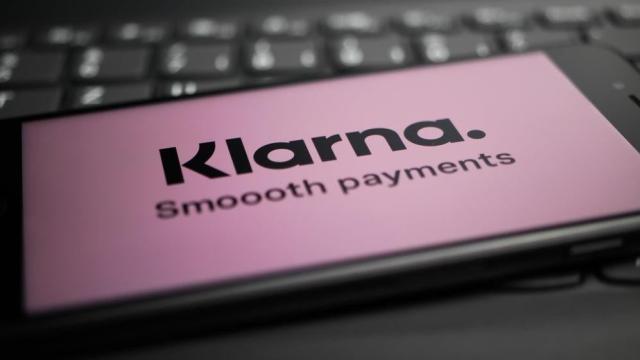Klarna, a Swedish-based shopping app, added a photo feature on Wednesday that uses artificial intelligence-powered software to help consumers find products that appeal to them. The software allows users to point their phone at a piece of clothing or electronics product, and it will populate similar items within the Klarna app.
The AI-driven photo option will also allow consumers to quickly scan the item’s barcode for more accurate results, allowing them to “find it for a cheaper price” on the app. “Just like the internet gave everyone access to information, AI gives everyone access to intelligence, context, and personalization,” Sebastian Siemiatkowski, CEO and Co-founder of Klarna, said in a news release. “At Klarna, we’re using this to bridge the gap between the physical and digital world, connecting how humans get inspired with how computers search. I’m super proud that Klarna is leading this revolution in retail,” he added.
This so-called retail revolution and AI photo innovation might actually be doing more harm than good by luring in more Gen Z and Millennial consumers who are, in some cases, spending money they may not have through Klarna’s “buy now, pay later” option. The payment option works similarly to in-store layaway, allowing customers to set aside an item and pay in instalments before taking the product home. But with the growing option to pay for an item in instalments after they take it home, it gives the illusion that the consumer can spend more in the short term.
The option does not require a credit check or a credit card, meaning those who don’t qualify for a loan or have lower credit scores can buy items in bulk they might not be able to afford. Researchers identified that the long-term payoff option was based on a range of factors including how the user is targeted, what items they’re buying, and how widespread their awareness is about the option.
“We find both the availability and use of BNPL to be fairly widespread but see disproportionate take-up among consumers with unmet credit needs, limited credit access, and greater financial fragility,” researchers Felix Aidala, Daniel Mangrum, and Wilbert van der Klaauw wrote in a journal published by the Federal Reserve Bank of New York last month.
According to the report, shopping with payment flexibility could harm consumers by creating “inconsistent consumer protections, and the risk of excessive debt accumulation and over-extension.”
“We know that inspiration can strike at any moment. Our shopping lens uses AI to translate pictures of products into a search term (our custom-trained machine vision model will determine what objects are present in the image and which products in our database match those objects),” David Sandstrom, CMO of Klarna, said in an emailed statement to Gizmodo. “It not only identifies the product in seconds, but also gives them a ton of useful information, including price comparisons, reviews, and related products to help them make the best possible purchase.”
But by adding the AI-driven photo feature, Klarna is reeling in younger consumers who are perhaps looking for a novel alternative to brick-and-mortar stores. It will provide quicker access to items that might take days to track down, giving “smart spenders instant access to detailed product information,” Klarna says. Yet, the question remains whether it is smart spending if Klarna encourages consumers to buy more products with money they don’t have.
